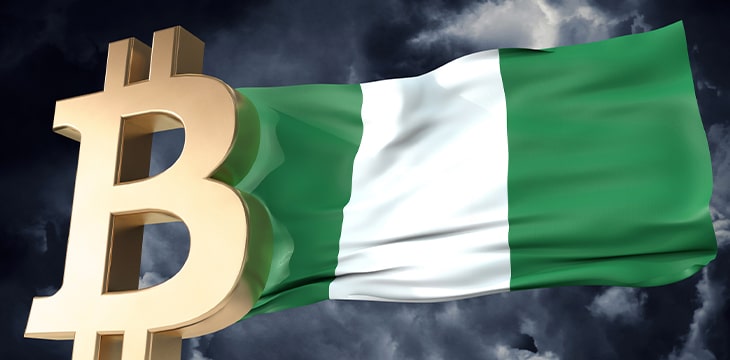|
Getting your Trinity Audio player ready...
|
Nigeria leads the African continent with digital asset regulations, a top official at the country’s securities watchdog recently claimed.
Speaking during a local industry event, Dayo Obisan claimed that the Securities and Exchange Commission (SEC) had made great strides in regulating the digital asset space. He delved into the separation of powers and responsibilities between the Central Bank of Nigeria (CBN) and the SEC regarding digital assets.
“Months ago, we still released additional rules on crypto. Nigeria is leading in Africa in terms of making the rules and regulating into the digital asset space. Worldwide, we are one of those acknowledged to be looking keenly into that space,” Obisan, the executive commissioner at the SEC, noted.
For the SEC, the most important things are practicability and implementability when it comes to digital asset regulations, not the stakes.
Obisan added that the SEC is molding its digital asset regulations on the example set by its counterpart in the United States, led by Commissioner Gary Gensler. And while Nigeria’s watchdog may be emulating Gensler’s agency, the latter hasn’t fared too well in the Bitcoin space. Granted, it has raked in billions of dollars in the past decade from enforcement actions against blockchain projects. However, it has often been criticized for its failure to issue regulatory clarity to the industry. Senator Elizabeth Warren (D-Mass.) recently blamed it for the billions of dollars lost by U.S. investors in the past few months.
One of the issues that have plagued the digital currency industry globally is the lack of clear distinction between the different financial regulators and their jurisdiction over the sector. In the U.S., the CFTC and SEC have found themselves with overlapping roles in the sector, confusing the stakeholders. Things aren’t much different in Nigeria, with the SEC and the Central Bank of Nigeria being the two predominant regulators for the sector.
Obisan broke down the distinction between the roles of the two watchdogs, noting that it all depends on how a digital asset is used.
“When anything is a fiat—fiat is money—we use it as a means of exchange, that is an exclusive precedence from the Central Bank of Nigeria. But when it is used as an investment tool, then it falls squarely on our lap,” he said.
Unlike the SEC, the Nigerian central bank isn’t particularly fond of digital assets. In the past two years, it has made several moves meant to stifle the use of digital assets in Africa’s biggest economy and the biggest Bitcoin market on the continent. These include barring banks from serving the industry and incentivizing Nigerians to use avenues that compete directly with digital assets, such as cross-border money transfer services.
Watch: The BSV Global Blockchain Convention panel, Blockchain in Africa
https://www.youtube.com/watch?v=RzSCrXf1Ywc&t=9562s

 03-05-2026
03-05-2026 




